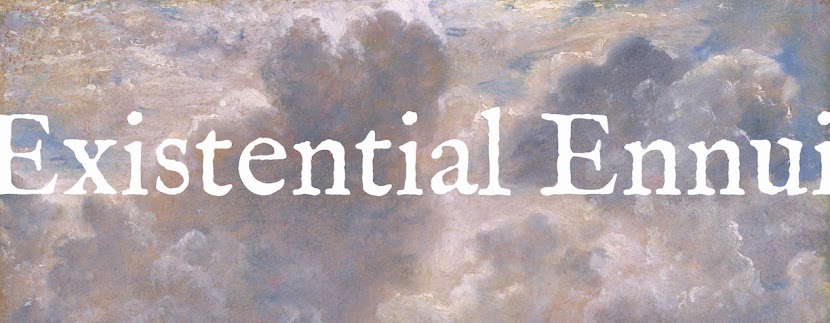Speaking of Eddie Campbell and the 1980s British small press comics scene – as I was, after a fashion (I was writing, not speaking), earlier in the week – coincidentally I recently retrieved this from a box in the loft:
Lucifer, a three-issue miniseries written by Mr. Campbell, drawn by his small press compatriots Phil Elliott (#1) and Paul Grist (#2–3), and published by short-lived British comics publisher Trident Comics in 1990. As Eddie himself notes on his (sadly dormant) blog, Lucifer was originally conceived for a different short-lived British comics publisher, Harrier Comics (who published lots of other comics by Campbell, Elliott, Grist and other small press stalwarts like Glenn Dakin and John Bagnall), in the late-1980s but the comic didn't get off the ground before Harrier folded. Trident did manage to publish all three issues – and a trade paperback collection – and at some point I evidently bought them – retrospectively, as back issues; I'd largely drifted away from comics by 1990 (I rediscovered them in about 1997/8) – and stowed them in a comic box.
What's interesting to me about the miniseries reading it now is how it could quite easily have been published as a photocopied small press title in the mid-1980s, sitting on the Fast Fiction table at the Westminster Comic Mart alongside all the other such minicomix (at least to my mind). It has the same freewheeling seat-of-the-pants feel as, say, Fast Fiction Presents the Elephant of Surprise, a "jam" minicomic from 1986 which acted as a kind of who's who snapshot of British small press creators in the mid-1980s, among them Eddie Campbell and Phil Elliott. Lucifer taps into that same sort of "make-it-up-as-you-go-along" energy, an approach to storytelling that was almost the hallmark of the British small press scene, or at least felt like it was; whether or not the comics were in fact tightly plotted I couldn't say.
In the case of Lucifer, the story follows the eponymous lead, "the fallen angel of biblical fame", who wears a suit of feathers "symbolic of my former glory". Hospitalised after having been run over in the street, Lucifer gets chatting to the bloke in the next bed along, who, it transpires, has a carbuncle on the end of his nose which is actually the gateway to Hell. Once the carbuncle has been removed in surgery Lucifer steals it and gains access to Hell, where he usurps Satan, assumes control of the Stygian realm and then effects an invasion of Earth, which entails him embarking on a brief career in television.
I'm not sure I've really done the thing justice there; it's about ten times more entertainingly befuddling than that synopsis implies, wending its illogical way to a suitably slapstick fisticuffs finale. Certainly it's a far cry from the rather better known Lucifer comic, the one published by DC/Vertigo from the late-1990s until the mid-2000s, written by Mike Carey and illustrated for the most part by Peter Gross and featuring as its lead the version of Lucifer created by Neil Gaiman – who, oddly enough, popped up not only in the previous Eddie-Campbell-featuring post but the one before that – on the newly published The Art of Neil Gaiman by Eddie's daughter, Hayley Campbell – and the one before that as well – on a signed hardback of Astro City: Confession – back at the start of July. And to further extend the interlinking synchronicity of this month's posts, next I'll be taking a look at a signed graphic novel by the aforementioned Mike Carey and Peter Gross.







God, I remember this one. Used to have a copy but lost it. :(
ReplyDeleteI have one if you're interested
DeleteGr8superman420@gmail.com